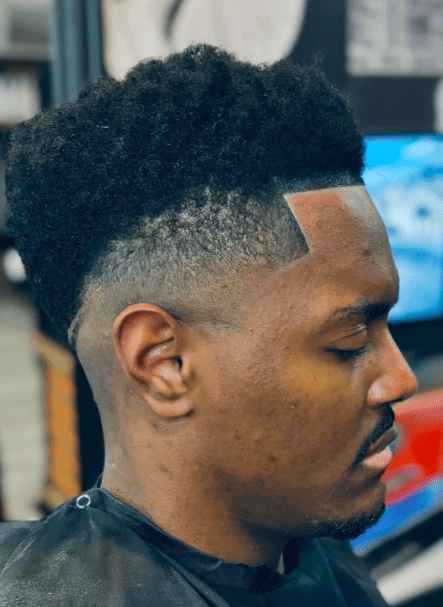Barbers as Cultural Stewards Molding Community Character and Bonding in New Metropolis
Barbers as Cultural Stewards Molding Community Character and Bonding in New Metropolis
Blog Article
Barbershops in New York City are not only places to get a haircut; they function as crucial community hubs that help shape community identity and foster relationships among locals. These establishments have a rich heritage in urban settings, acting as gathering spots where people from varied backgrounds come togetherness. In many areas, barbershops are often the first place where individuals can engage in discussions about community issues, exchange stories, and forge relationships. This distinct role makes barbers not only skilled professionals but also cultural curators who contribute to the social fabric of their neighborhoods.
The environment in a barbershop is often vibrant and welcoming, creating a setting where people feel comfortable expressing themselves. Barbers are known for their skill to engage with patrons, often engaging in discussions that range from athletics to current events. This engagement helps to create a sense of belonging among patrons, as they discuss their stories and perspectives. In many cases, barbershops reflect the cultural diversity of the areas they support, displaying different hairstyles, grooming techniques, and even music that resonate with the local population. This social exchange enriches the experience for all involved and bolsters community ties.
Barbershops also have a significant role in preserving cultural traditions. Many barbers have been trained in specific techniques that are transmitted through ages, ensuring that unique looks and methods are not forgotten over time. For instance, certain styles and grooming practices may be linked to cultural heritage, allowing individuals learn about this here now to express their identity through their appearance. By maintaining these traditions, barbershops help to keep cultural narratives alive, providing a feeling of pride and connection for local members.
In addition to their cultural importance, barbershops often participate in community service and assist local causes. Many barbers take an proactive role in tackling social issues, such as education and health awareness, by organizing events or offering resources to their patrons. This engagement shows a commitment to the health of the neighborhood and encourages a feeling of duty among barbers. By using their platforms to promote positive change, barbershops become vital players in the local area, further reinforcing their role as community curators.
In conclusion, barbershops in NYC serve as crucial places for cultural interaction, community development, and identity creation. They provide a distinct environment where individuals can connect, share, and honor their varied backgrounds. As community curators, barbers not only influence the way people present themselves but also influence the broader social dynamics. By recognizing the value of these establishments, we can appreciate the essential role they play in fostering connections and preserving cultural traditions in city settings.